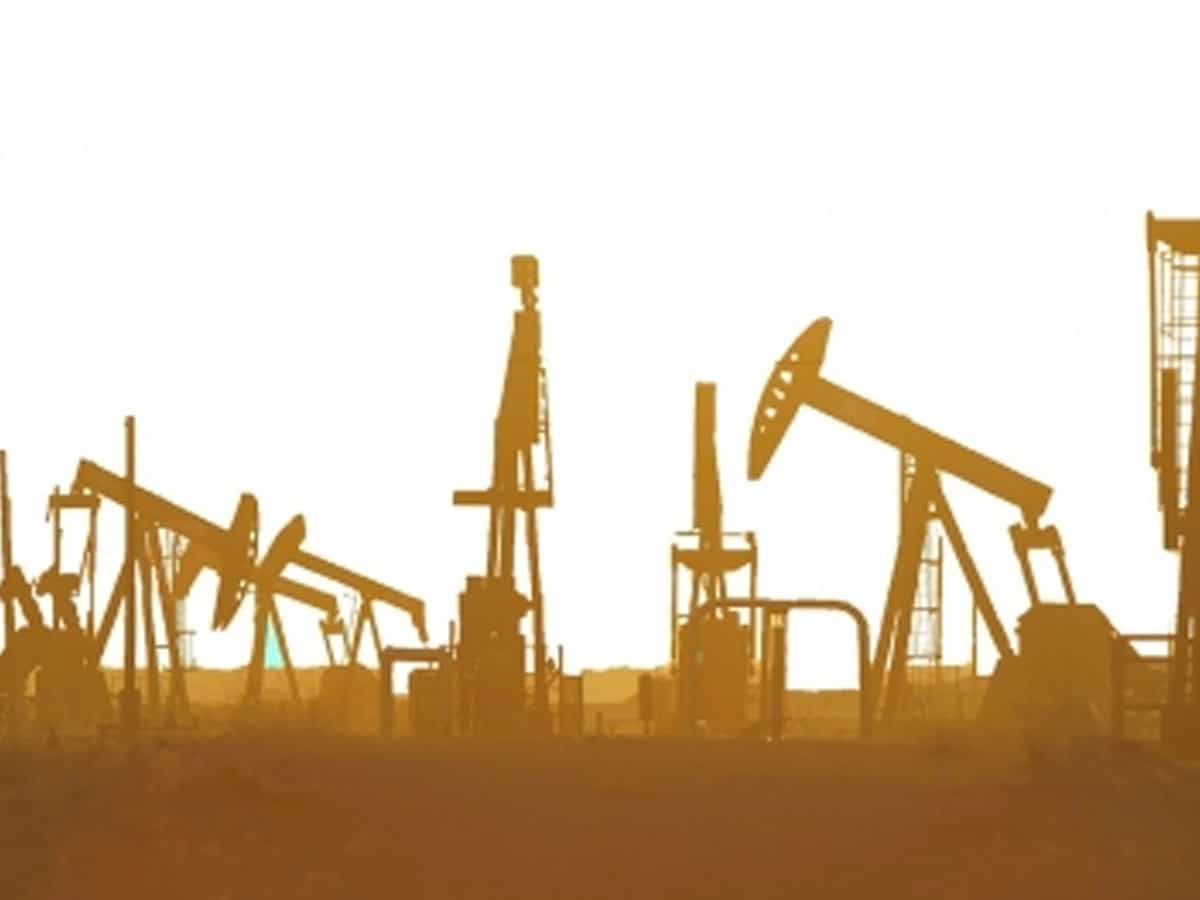Tokyo: Global shares fell Monday amid deepening pessimism over rising COVID-19 infections in much of Asia.
Oil prices dropped further after oil producing nations agreed to raise production limits.
France’s CAC 40 shed 1.1 per cent in early trading to 6,388.62, while Germany’s DAX was down 1.1 per cent at 15,370.28.
Britain’s FTSE 100 dipped 1.5 per cent to 6,906.69. The future for the Dow Jones Industrial Average dropped 0.8 per cent to 34,283.5. The future for the S&P 500 lost 0.6 per cent to 4,294.38.
Experts are saying Indonesia has become a new epicenter for the pandemic as outbreaks worsen across Southeast Asia. Meanwhile, some athletes have tested positive for COVID at Tokyo’s Olympic Village, with the Games due to open Friday.
The more transmissible delta variant is delaying the recovery for the ASEAN economies and pushing them further into the doldrums, said Venkateswaran Lavanya, at Mizuho Bank in Singapore.
In Japan, the vaccine rollout came later than in other developed nations and has stagnated lately. Japan is totally dependent so far on imported vaccines and just one in five Japanese have been fully vaccinated.
Japan’s benchmark Nikkei 225 shed 1.3 per cent to finish at 27,652.74.
South Korea’s Kospi slipped 1.0 per cent to 3,244.04. Australia’s S&P/ASX 200 dipped 0.9 per cent to 7,286.00. Hong Kong’s Hang Seng fell 1.8 per cent to 27,489.78, while the Shanghai Composite lost a fraction of 1 point to 3,539.12.
In energy trading, benchmark US crude lost USD 1.28 to USD 70.53 a barrel in electronic trading on the New York Mercantile Exchange. It gained 16 cents to USD 71.81 per barrel on Friday. Brent crude, the international standard, fell USD 1.36 to USD 72.23 a barrel.
OPEC and allied nations agreed Sunday to eventually raise production limits imposed on five countries, ending an earlier dispute sparked by the United Arab Emirates that roiled global energy prices.
Iraq, Kuwait, Russia, Saudi Arabia and the UAE would see their limits rise, the cartel said in a statement.
The plan would boost their production by 2 million barrels a day by the end of this year.
OPEC+ agreed in 2020 to cut a record 10 million barrels of crude a day from the market to boost prices. It’s slowly added some 4.2 million barrels back over time, and prices have risen steadily this year, though they are still way below their peak in 2008.
Investors’ attention now turn to earnings. Most companies will report their results this week and in following weeks. Hopes are high, with profits in the S&P 500 expected to jump 64 per cent from a year earlier, according to FactSet.
In currency trading, the US dollar fell to 109.82 Japanese yen from 110.04 yen late Friday. The euro cost USD 1.1782, inching down from 1.1812.

